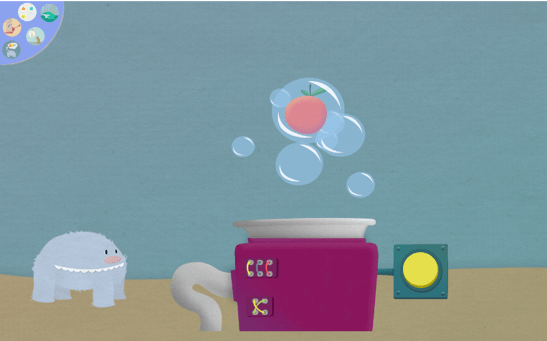APPRISE
Application for Readiness in Schools and Learning Evaluation
Context
Reading disorders (e.g. developmental dyslexia) are characterized by a specific impairment in reading skill
development not accounted for by education, intelligence or sensory impairment. Reading disorders are the
most common form of learning disorder and affect 5 to 20% of US school-age children. These disorders
develop early and contribute to long-term academic, behavioral and emotional problems but are responsive
to early interventions even at the preschool and kindergarten level. Early screening for reading disorder risk
in all children in conjunction with early intervention has been recommended as part of a response to
intervention (RTI) treatment model.
However, current practice relies on subjective teacher assessment of potential reading disorder that has
shown poor results in diagnosing such disorders. Objective, reliable and scalable screening instruments are
needed to effectively diagnose and treat early life-long impairing reading disorders. While standard tests
have been developed, their mass application comes with considerable expenditures of both time and
resources. While these materials are also available to schools on a customized tablet, this format merely
places test materials and scoring sheets in a digital form, without realizing the possibility of a fully automatic,
individualized screening platform. The next logical step is thus to develop and provide a fully automated
testing environment, efficient, at low-cost and widely available on commodity hardware, that can diagnose
reading disorders and bring children to the path of treatment.


Objectives
The current project focuses on setting up an app that could provide schools and families with an accurate,
objective screening tool that can be rapidly administered at minimal cost and without specialized training.
Early screening is crucial to the later success of students who struggle with learning. This project aims at 2
core components:
- Objective 1: Understand and exploit each child’s strength and weaknesses to empower them in their education
- Objective 2: Close the educational achievement gap between children with and without reading disorders.
Activities
- Objective 1
- Preliminary validation of the application against existing neuropyschological tests: 300 elementary school children will be assessed for risk of later reading disorder using both the developed app and the traditional pencil-and-paper and oral neuropsychological tests.
- Development a tablet-based app for in-home and classroom screening for reading difficulties: The game will be user-friendly, fitted for children between 3 and 8 years old and English speaking (as first or second language). A research assistant will be available at all times to help with the use of the app by schools.
- Objective 2
- Outreach and distribution of the early-access app to school districts in the USA.
- Objective 3
- Distribution the app through general public app stores.
- Objective 4
- Outreach
to organizations involved in literacy education in developing countries.


Partners

Curious Learning
Curious Learning is building an app to let children learn to read, and is creating an ecosystem to tap existing resources and drive innovation through A/B testing.




